It is well known that Medjool dates, or Mejhoul as they were originally called, originated in Morocco. This origin is confirmed by a study of the Khalifa International Award for Date Palm, and codified in the "Mejhoul Book". The study traces the variety back to the region of Boudnib, in the southeast of the country, where the grower Medjool Star is located.
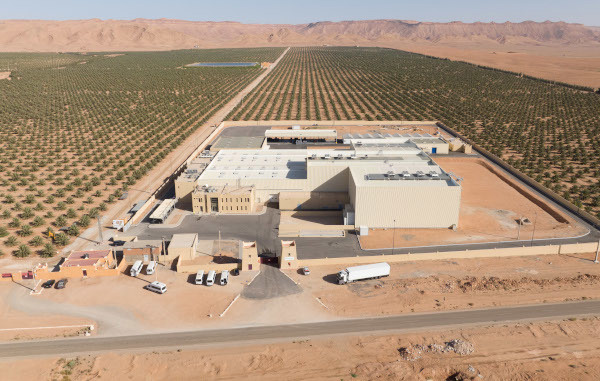
Moroccan Mejhoul producers have been shy on exports due to strong domestic demand, and are now facing competition from countries that have adopted the variety as Israel, Jordan, US or Egypt. Medjool Star wants to reclaim the Moroccan heritage and has given itself the mission to "carry the banner of promoting Mejhoul in the world," according to Mr. Reda Bennani, General Director of the company.
Mr. Bennani explains: "The Moroccan market is still strong and in high demand for good quality dates. With the entry into production of new modern plantations and especially that of Medjool Star, the consumers rediscover a local variety of very good quality that stimulates demand and diverts them from imported dates".
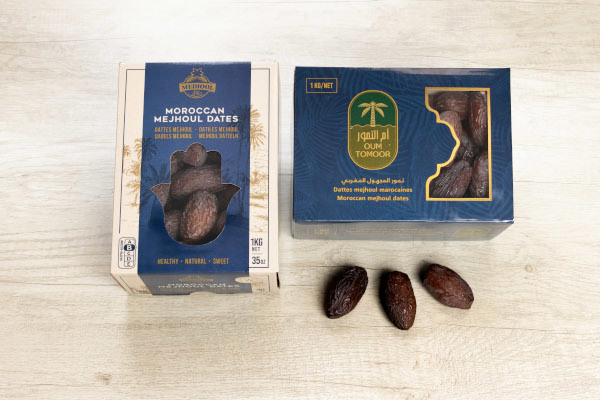
This trend will remain observable this season, in the context of inflation that disturbs consumer behavior. "Although the export market is a less dynamic this beginning of the season due to the galloping inflation in Europe, there is a strong underlying trend for the consumption of healthy and nutritious products that stimulates the consumption of Mejhoul. To these consumers, we want to remind them that initially, the Mejhoul is Moroccan".
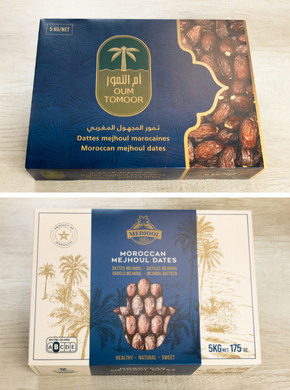 Mr. Bennani continues: "As the leading export brand of Moroccan Mejhoul, we strive to promote the Moroccan origin of this exceptional product. But it's not solely about history, Moroccan Mejhoul is different from other countries. The Moroccan variety is reddish brown, with a sweet taste with a caramelized aftertaste. We have the particularity to produce dates with a moisture level between 22 and 27%, which gives a juicy, soft, and sweet fruit. A lower moisture level would give a drier and more fibrous date and therefore less pleasant to the taste and especially to its original taste". Referring to drier fruits, the Moroccan producer is alluding to the production of the Middle East countries.
Mr. Bennani continues: "As the leading export brand of Moroccan Mejhoul, we strive to promote the Moroccan origin of this exceptional product. But it's not solely about history, Moroccan Mejhoul is different from other countries. The Moroccan variety is reddish brown, with a sweet taste with a caramelized aftertaste. We have the particularity to produce dates with a moisture level between 22 and 27%, which gives a juicy, soft, and sweet fruit. A lower moisture level would give a drier and more fibrous date and therefore less pleasant to the taste and especially to its original taste". Referring to drier fruits, the Moroccan producer is alluding to the production of the Middle East countries.
Mr. Bennani adds: "We have one of the most technologically advanced operations in the world, with a unique QR code system for each of our 55,000 palm trees. This allows us to track all inputs, labor handling, and also yield in detail. With this data-driven approach, we can optimize yield and fruit specs." The company also invested in drying facilities to provide different moisture levels according to the export standards of each destination market.
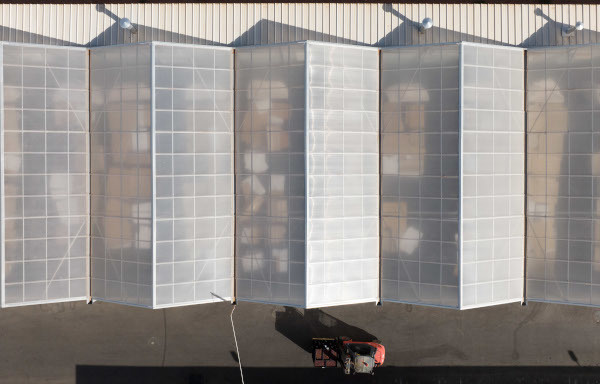
As for outlets, Medjool Star strengthens its leading position in the Moroccan retail market while actively responding to an increasing demand from export markets. "At term, our production potential is 6,500 tons per year of which 80% will be exported. We currently export to Europe and are expanding to North America, and the Middle East. With the large volumes we forecast in the coming years (~5000 tons in the next 5-6 years), we're planning to expand worldwide."
To stand out from the competition in the global market, the company relies on its competitive advantages: "Our company is integrated on the entire value chain, we own and manage the production, packaging, and export, so we have a full control on the quality with no intermediation is required". "We also plan to invest in a solar power plant to reduce our energy costs and our environmental impact".
Mr. Bennani adds, "Beyond controlling costs and offering high quality and affordable prices to end consumers, we are responsive to our markets and can quickly adapt our packaging to customers’ demand. We offer packages of 5kg, 1kg or 500 grams adapted to families and celebrations, as we can also offer unique or multi-unit doses adapted to daily consumption".
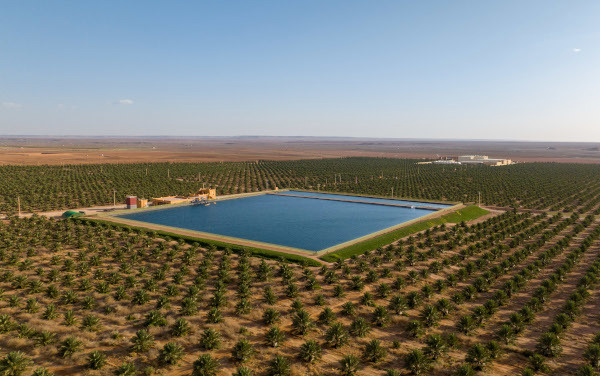
The Moroccan production of Mejhoul, and the agricultural sector in general, also faces the concern of persistent drought. A concern that remains "at the center of Medjool Star's attention" according to Mr. Bennani: "We are undergoing a series of tests on innovative solutions to optimize our use of water resources in the coming years. We already combine data from our local weather station with satellite image analysis as well as soil absorption analysis to provide the most adequate water needs for our palm trees. Also, other innovative solutions are being tested for a future deployment".
For more information:
Mr. Reda Bennani
Medjool Star
Tel: +212 682 96 50 03
Email: reda.bennani@medjoolstar.com
Website: medjoolstar.com
